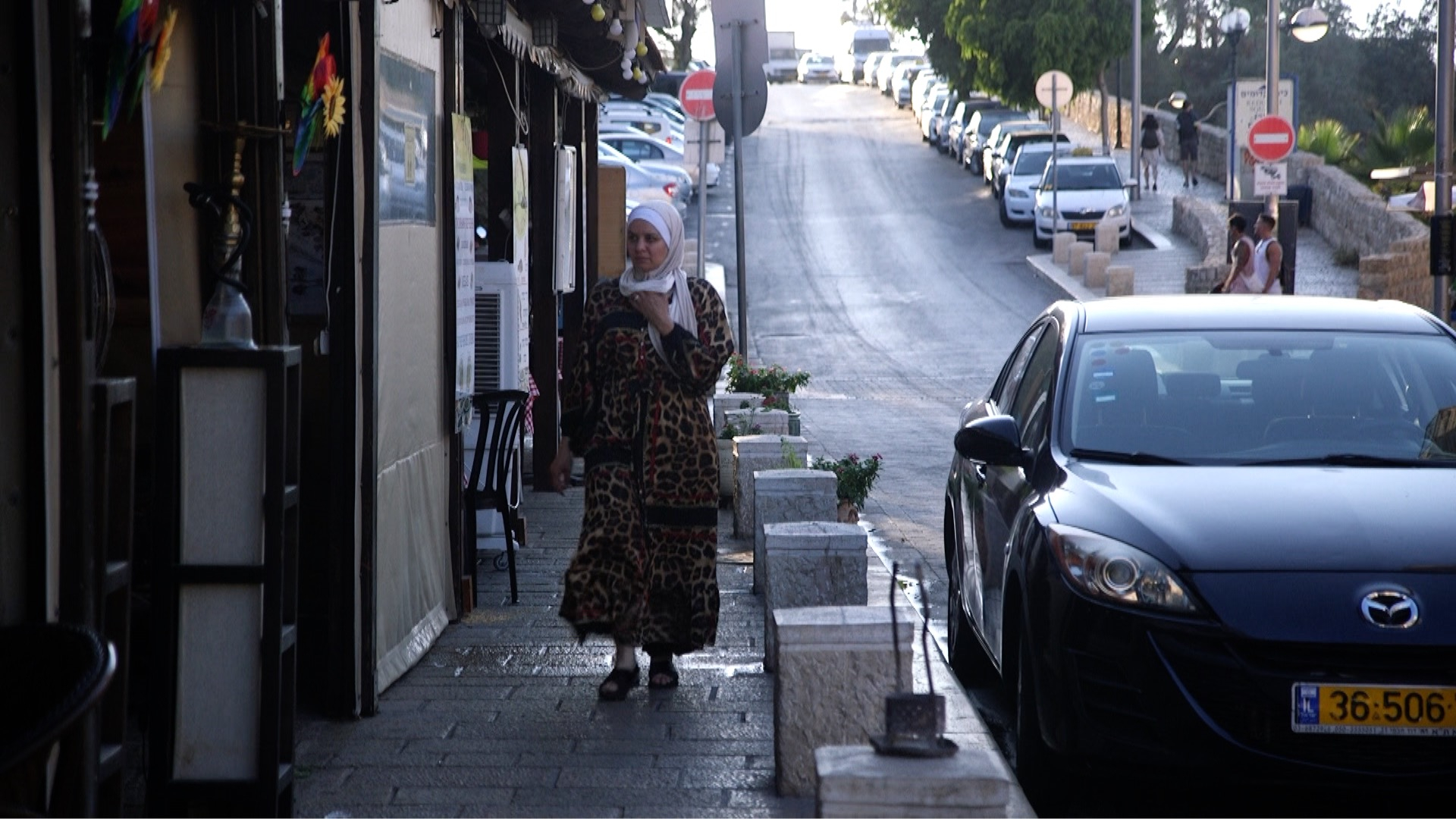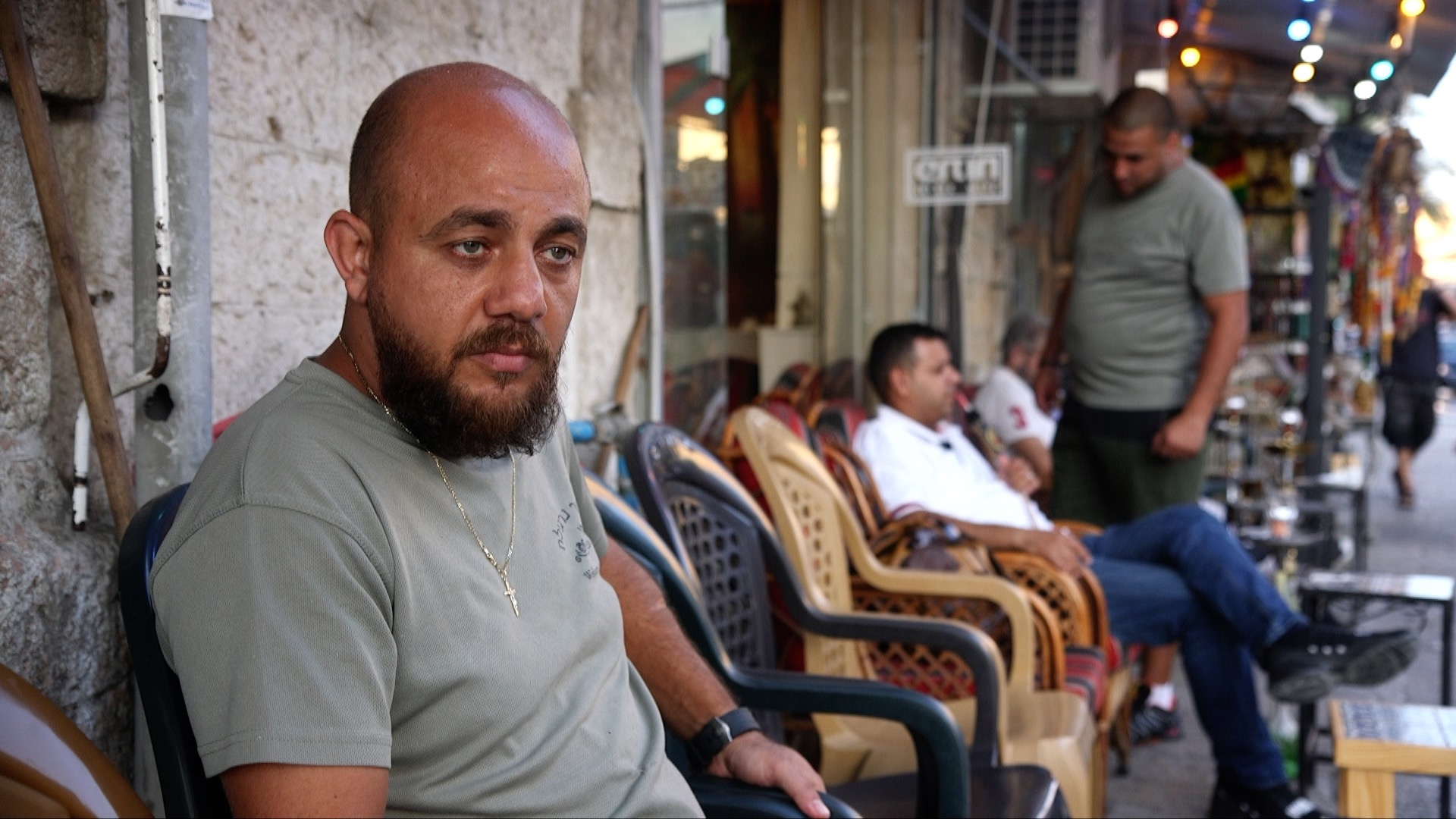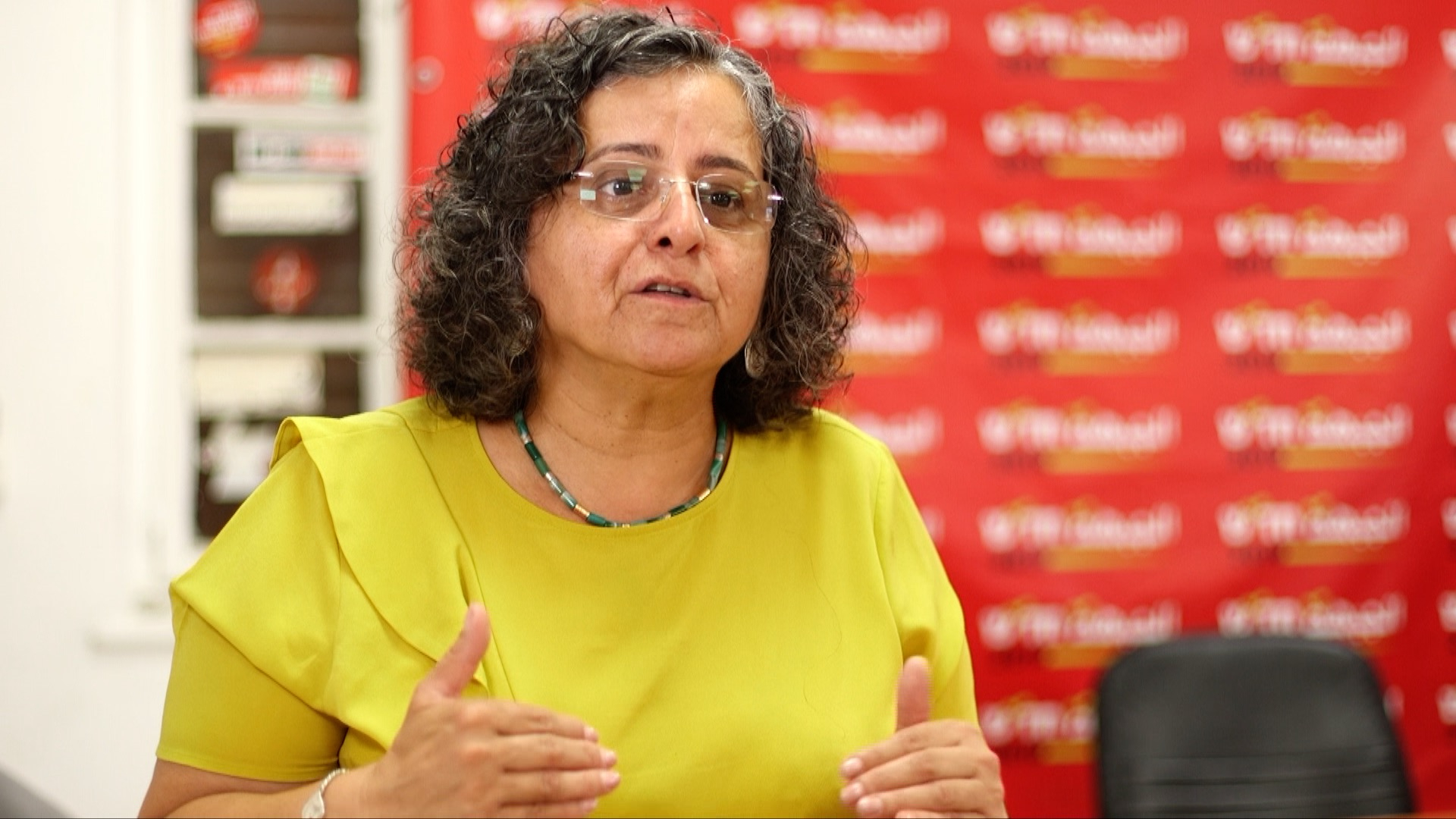
Israel heads to the polls again on September 17 – the country's second general election within six months, after Benjamin Netanyahu's winning Likud party was unable to form a coalition in the previous election in April.
As was the case during the first round, the "Arab vote" has been resuscitated as an issue – namely who within Israel's 20 percent of the Arab Christian and Muslim sectors will vote and how voting will proceed within those districts.

An Arab resident in Jaffa, Israel, September 10, 2019. /CGTN Photo
Israel's Arab population: Perennially weak presence at the polls
Arab voters in Israel don't always fully flex their "poll muscles" on election day. In the 2015 election 64 percent of the Arab voters turned up to vote – the figure dropped to 49 percent in April 2019. Many wonder what is driving the drop.
"I have never voted. Ever." Elias, a Jaffa resident, told CGTN.
"My vote won't make a difference. Nothing will change. For the politicians, it's all about staying in power. For us – we don't have the basics: decent education, housing, after-school programs, jobs… Our political leaders don't do anything to improve our situation."

Elias, a Jaffa resident, September 10, 2019. /CGTN Photo
Arab political parties: Perpetual opposition
Since Israel's first election in 1949, Arab parties have never been part of an Israeli government coalition.
"We will not join any government that perpetuates the occupation of Palestinian land. That's a basic, bottom line for us," said Aida Touma-Suleiman, a member of parliament.
From the opposition, Arab parliament members push for bills on education funding, unemployment reform and crime management within Arab communities but the push is often mired in right-wing political demonization and outright racism – factors ultimately influencing voter turnout during elections.

Aida Touma-Suleiman, a member of parliament, September 10, 2019. /CGTN Photo
Racism and inequity: Cameras and nation-state
Last year Israel passed the Nation-State law – a law characterizing Israel as the "National State of the Jewish people" – essentially disregarding the 20 percent of Christian and Muslim residents.
"The Nation-State law said to our society: You are not part of the deal. You are not equal citizens, and you are not even citizens," said Touma-Suleiman.
During the April election, Netanyahu's Likud party introduced video cameras to predominantly Arab voting stations claiming protection against voter fraud. The move was hotly criticized as racist and inflammatory as was a proposed, last-minute bill to re-introduce cameras to the same districts during the September vote.
The proposed measure is meant to intimidate Arab voters and, according to Touma-Suleiman, delegitimize Arab voters and politicians.
No voter fraud has been proven in Arab-populated districts.
Banding together: The Joint List
Factoring in Israel's right-shifting political climate, Arab-led political parties banded together for the September vote under the banner The Joint List. Polls show 78 percent of Arab sector voters support the Joint List which could affect voter turnout.
(Cover: A Benjamin Netanyahu banner during an election, Israel, April 9, 2019. /VCG Photo)

Copyright © 2018 CGTN. Beijing ICP prepared NO.16065310-3
Copyright © 2018 CGTN. Beijing ICP prepared NO.16065310-3